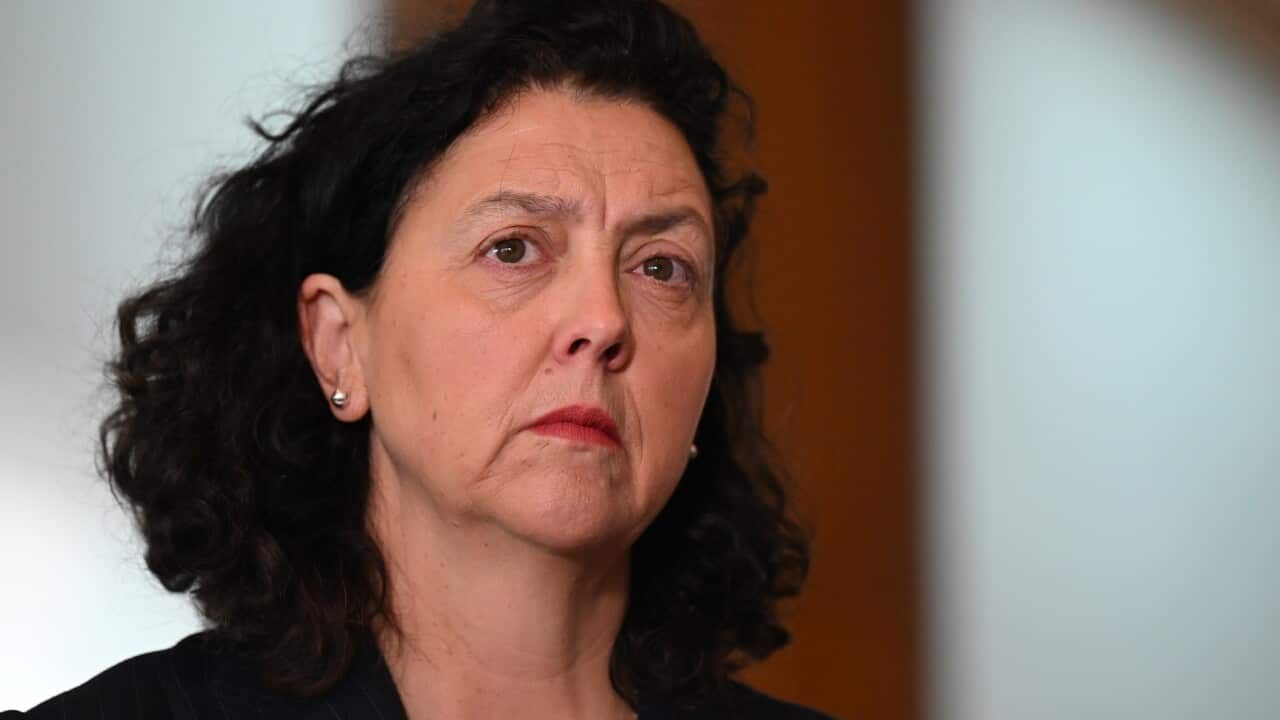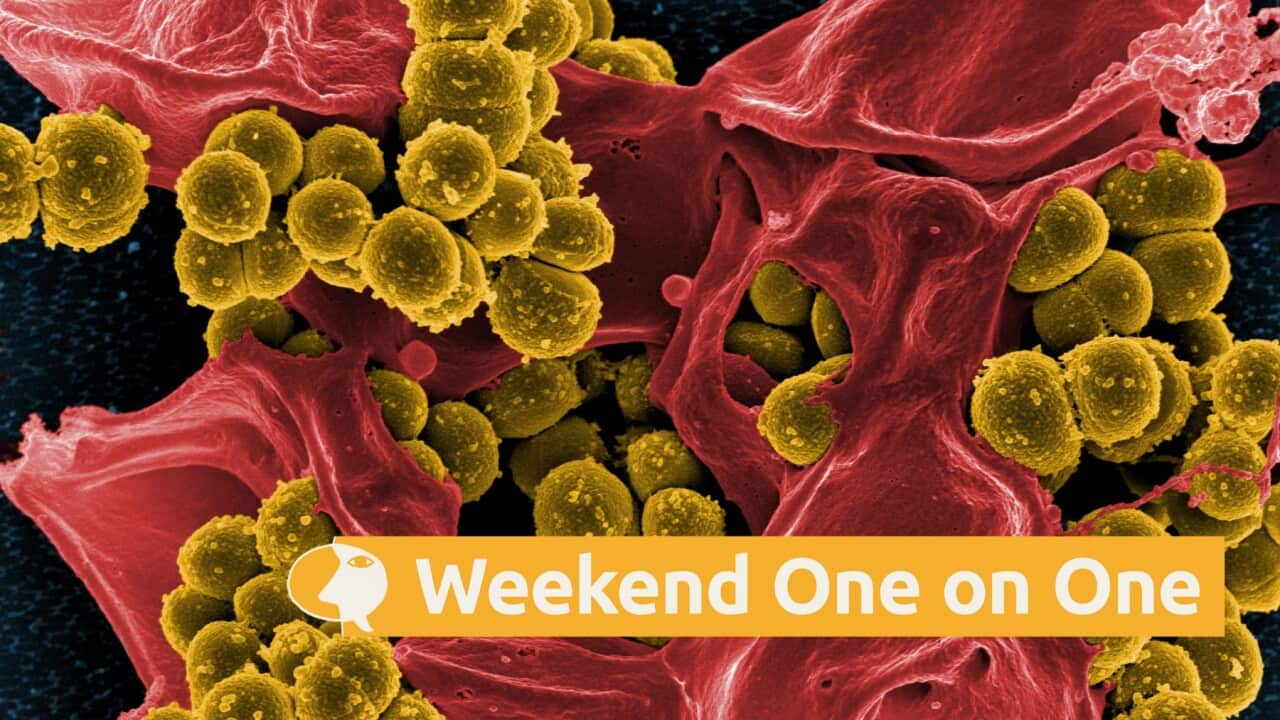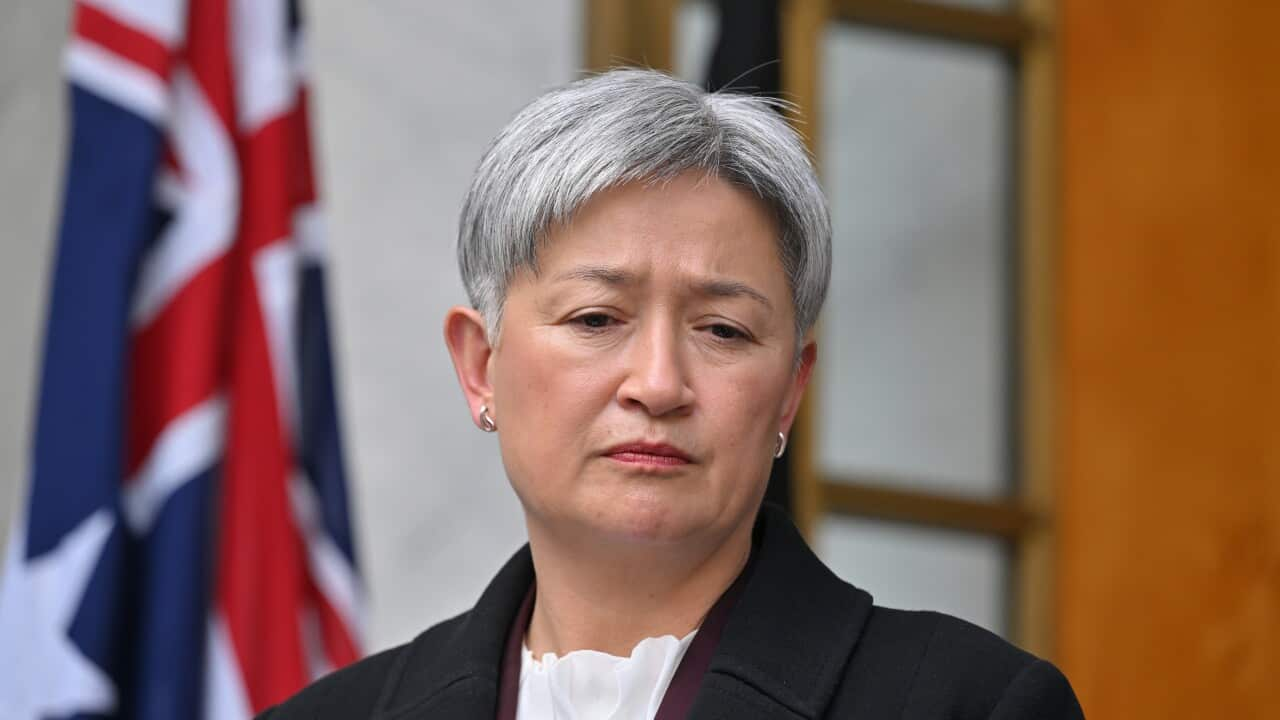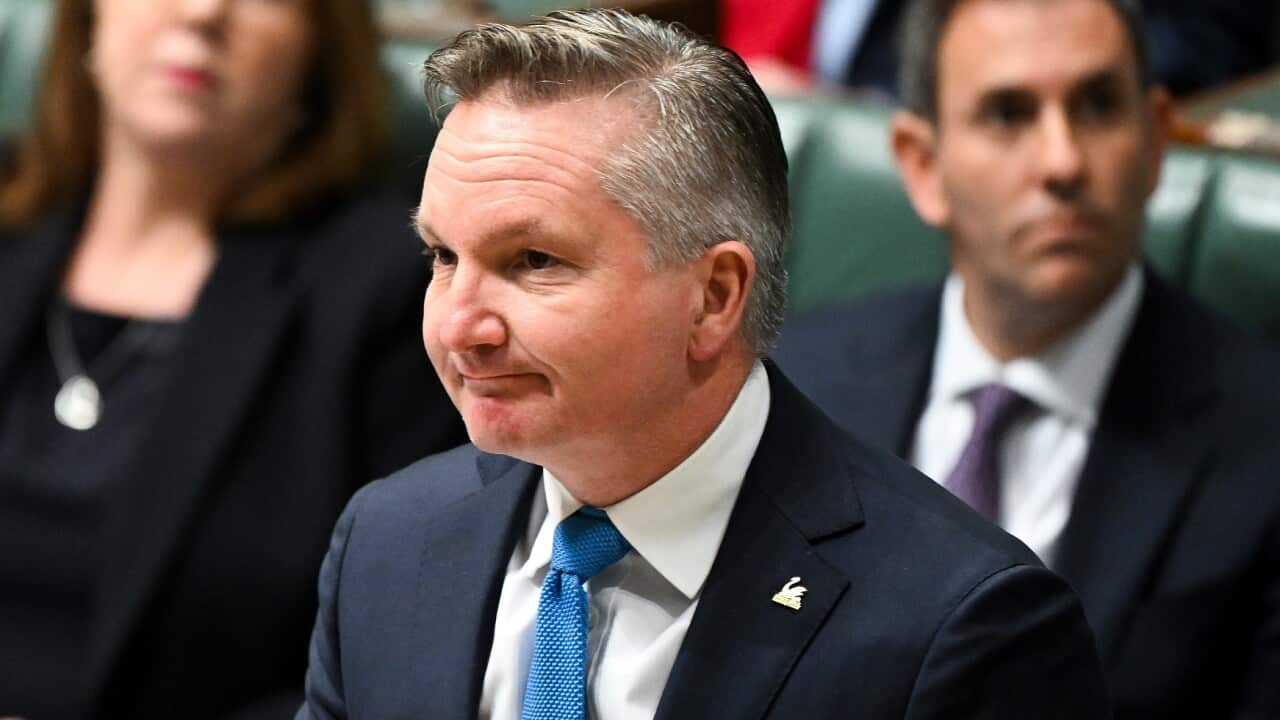Listen to Australian and world news, and follow trending topics with SBS News Podcasts.
TRANSCRIPT
Since its launch more than a decade ago, demand for the National Disability Insurance Scheme has grown far beyond expectations - and it is autism - the primary disability for 45 percent of participants - that has received the lion's share of attention.
Health Minister Mark Butler says the NDIS has been the only option for many families.
"They love their children. They're desperate - absolutely desperate, I know - to get their children diagnosed. Because we've made it the only way their children can get help."
The government has now announced an alternative to the NDIS for autistic children, which the Minister hopes will limit growth to the NDIS.
"Thriving Kids - and that is the program I intend to deliver."
At the time of the Minister's surprise announcement, there was concern from some groups - like Yellow Ladybugs, led by Katie Koulas - that it would have a negative impact for neurodiverse children.
"This is a one size fits all approach that is not customised. It hasn't had autistic input or approval, so it's actually quite dangerous."
Now, at a parliamentary committee hearing established by the government to guide the implementation of Thriving Kids - those concerns have only grown.
Independent MP Monique Ryan has told the inquiry that while an initial $2 billion in funding has been committed to the program, to be collectively matched by states and territories, there are still questions about exactly what services will be offered and who will pay for it.
"I guess the concern is that families want, need and deserve certainty. We're in October 2025, and you're talking about rolling a system out from the first of July 2026. But you're not able to give us any certainty around the timeline for firm agreements between the federal and state governments at this point in time."
The uncertainty and anxiety has been heightened all the more, because negotiations between the federal and state governments on another much vaunted plank of NDIS reform known as foundational supports appear to have stalled.
It's also unclear what those foundational supports will consist of as well.
To complicate matters, state and territory governments are currently in the middle of negotiations for a new hospital funding agreement, with both New South Wales Labor Premier Chris Minns and Queensland Liberal Premier David Crisafulli among those to complain about federal responsibilities placing pressure on state public health systems.
Dr Elizabeth Develin is the Deputy Secretary of the Department of Health, Disability and Ageing.
She has told the hearing that while new Thriving Kids initiatives are likely to be delivered within existing services such as community healthcare, GPs, schools and early childhood centres, the key difference is that funding is likely to be attached to the service provider rather than the individual.
"In essence, it's really to provide people, you know, services that may not be there today because of the growth in the NDIS and really leveraging the mainstream services we have in health and education and childcare settings so that families can be served in the natural settings where these children, sort of, you know, play and grow."
But for Jenny Karavalos from the Disability Advocacy and Complaints Service of South Australia, families are already faced with a system that is not designed for their needs.
"The voices of our community are very clear. The families and autistic individuals tell us they're exhausted from navigating fragmented systems. Many just can't afford the basics, saving up reach just to see a GP or fill a script when they finally reach a door. Often it is the wrong door or the right door that people behind it simply do not understand about disability. So services exist in theory, but in practice, families face long wait lists, unaffordable gap fees, and supports that are not trauma informed or inclusive."
Plans for the rollout have also worried some experts like Professor Sharon Lawn, the Executive Director of Lived Experience Australia and the former Mental Health Commissioner for South Australia.
She says children with learning difficulties or autism that are labelled as mild are actually the most in need of consistent, effective support - because their challenges are too often dismissed as a failure to meet milestones, or even personality problems.
But Professor Lawn says children with so-called mild disabilities are the most likely to bounce between service providers or miss out on support completely, especially if they come from low socio-economic or culturally diverse communities.
"Basic stereotyping is the problem in a lot of service systems. So with children who may be presenting, for example, with behavioural issues, particularly the mild group, particularly where a family may experience socio economic disadvantage, it's easier to jump to, oh, this is the cause of the problem. Then it can very quickly get into blame. It can become many other things other than what it actually is as a child that actually has a need for a Thriving Kids program."
All of these concerns are amplified for organisations that represent rural and regional Australians with disability.
Niki Lehmann is the CEO of the non-profit advocacy group Autism NT, and has told the inquiry that, in order to be effective, supports in the Northern Territory must be both consistent and culturally-sensitive.
"If you go to Alice Springs, you have to come bang on every three months. Like, don't just come when you can. So, if I (a service provider) has funding here and there, they just don't want to see you unless you're going to be committed. You can't just walk into any community and go, hey, we're here. You have to collaborate with other services, people that understand that community. So the remoteness is a huge part, especially trying to get to community, making community understand all our diagnosis."
Meanwhile, Jeremy Muir from Physical Disabilities Australia has posed questions about what will happen to children who are diagnosed or identified as needing help AFTER the Thriving Kids cut-off age of eight.
"I don't think families care about which strand they're directed into. If we're talking about the language around mild, moderate or severe, if you're a person living with autism, or you're living with a neurodivergence or any type of disability, don't refer to yourself that way. What families want to make sure they get for their children is the right level of support."













